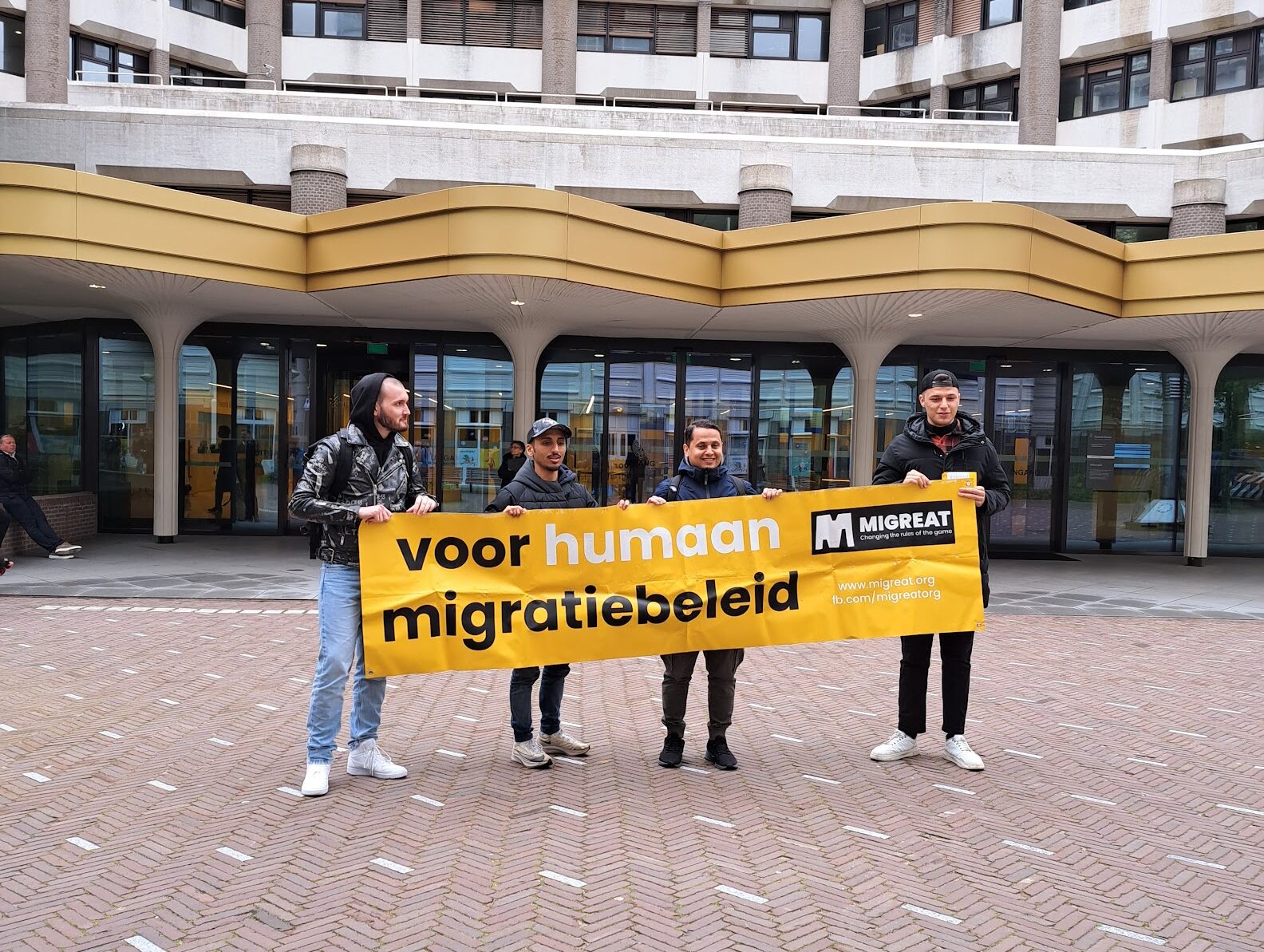Dutch cabinet policy will hurt refugee integration, experts say

The more asylum seekers in the Netherlands have to move home, the longer they spend in official refugee centres and the later they start with language and other integration courses, all of which have an impact on how quickly they become settled in society, according to new research.
The researchers from the government’s agency WODC, Erasmus University, statistics office CBS, and public health institute RIVM studied a group of Syrian refugees who came to the Netherlands between 2014 and 2016.
They found that women, for example, who had to move twice, had a 34% lower chance of finding a job than those who had stayed in the same place. Men who had moved three or more times were equally unlikely to be able to stop claiming welfare benefits.
The impact of moving can still be seen seven years later, the researchers said.
The researchers say that shorter periods in institutional accommodation and taking part in useful activities would have a major impact. The new right-wing government, however, is planning to bring in “more basic accommodation” on a wide scale and set up special camps for people with a residency permit but without a home.
“As a result, asylum seekers are more likely to stay longer in an asylum seekers’ centre where the plans to bring in more austerity will lead to even fewer options to participate,” the researchers said.
Some 165,000 Syrians now live in the Netherlands, of whom 55% have a job, usually in low-paid sectors such as transport and the hospitality industry.
Thank you for donating to DutchNews.nl.
We could not provide the Dutch News service, and keep it free of charge, without the generous support of our readers. Your donations allow us to report on issues you tell us matter, and provide you with a summary of the most important Dutch news each day.
Make a donation